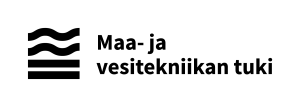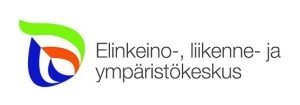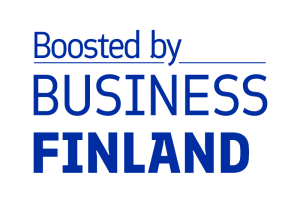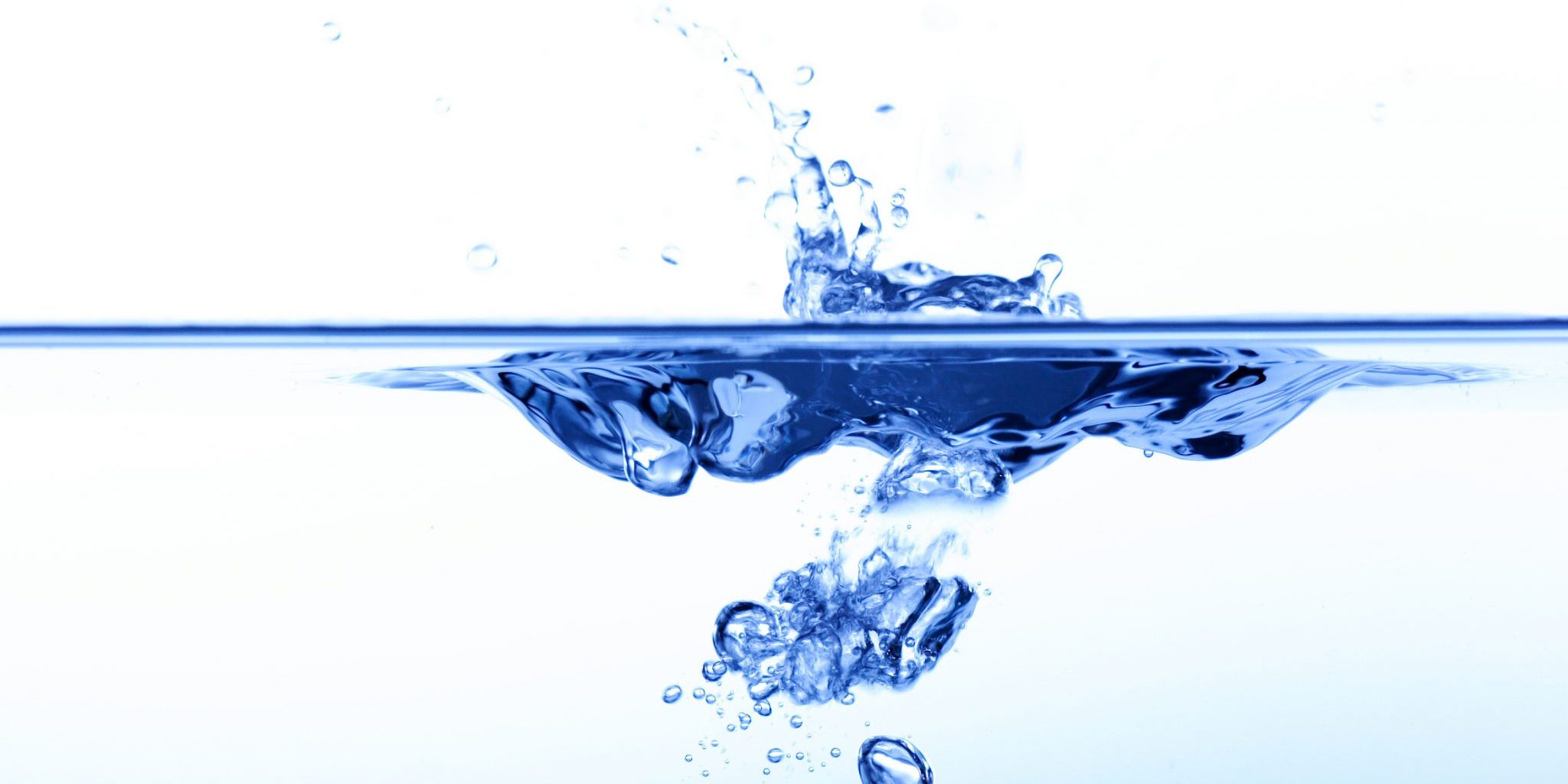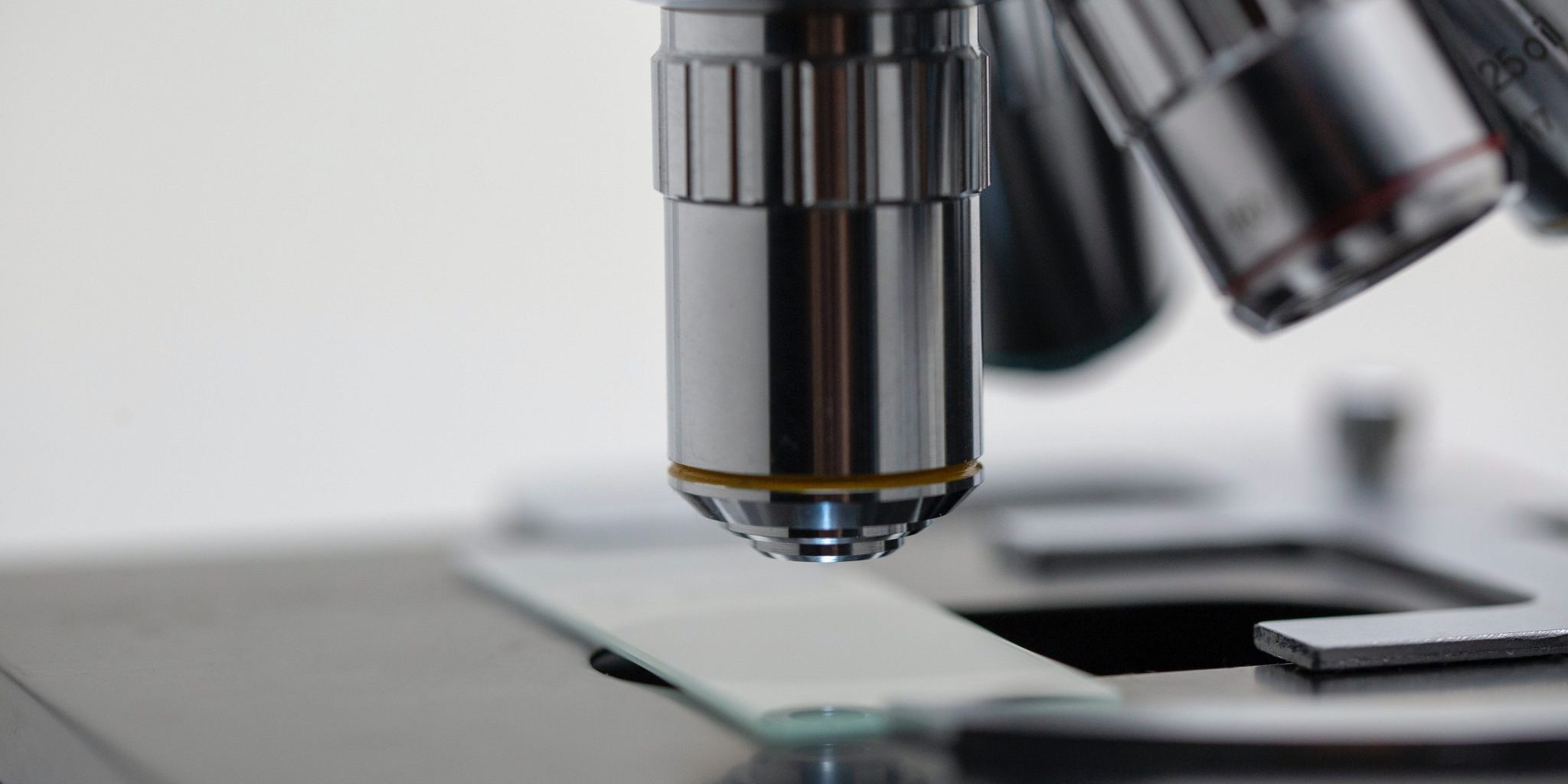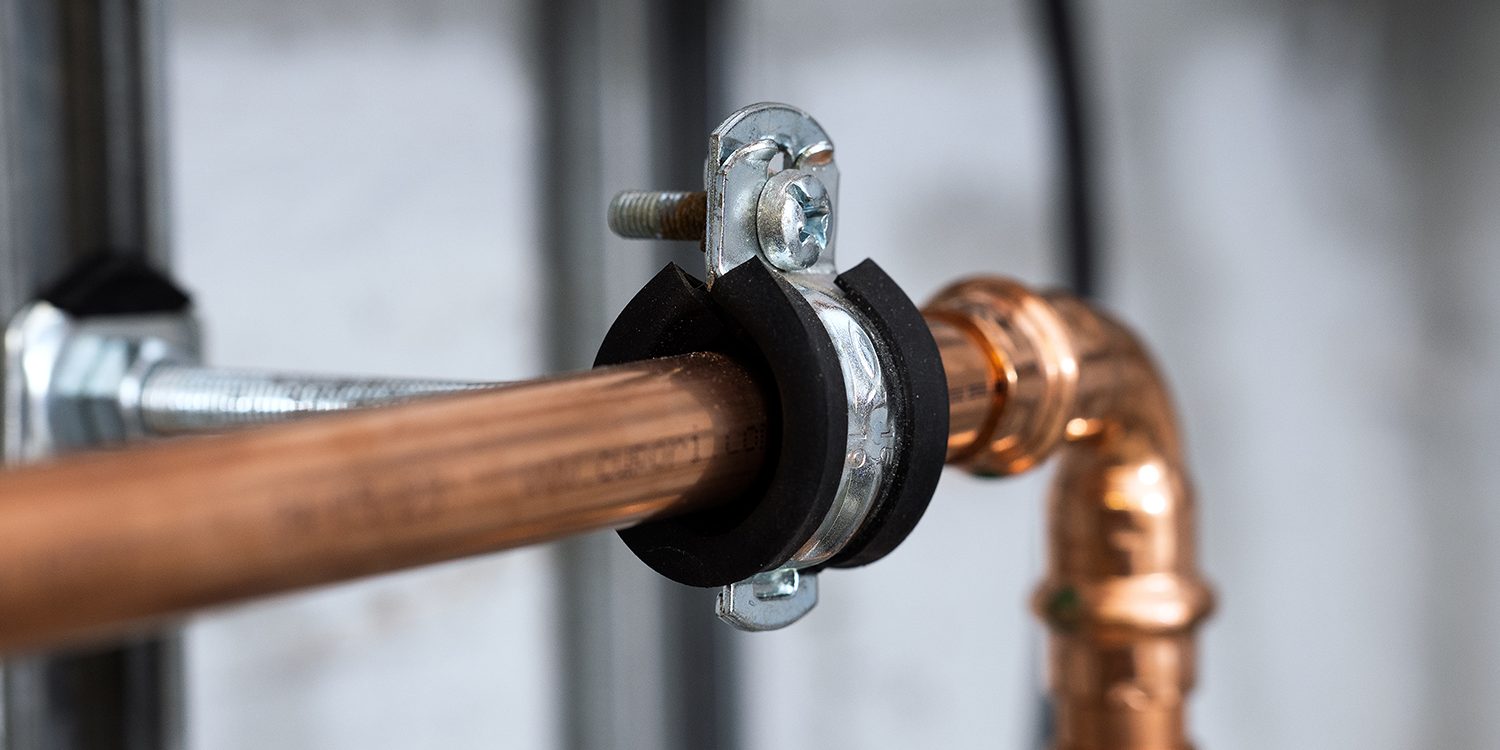Research Center WANDER projects
Water and different materials
VesiVara – Security of supply for the sufficiency and quality of natural water in Satakunta
VesiVara raises awareness of climate change adaptation for the population of Satakunta, the business sector and the water environment. The project will bring together actors from different sectors, public and private, to discuss water security and develop solutions for sectors that have not been co-developed before. Regional and local solutions to strengthen climate resilience will be piloted in the target environments in Satakunta during the project period.
Practical research activities:
- Review the adequacy of drinking and domestic water in relation to water demand and identify potential risk areas related to water adequacy.
- Examine possible future changes in the chemical and microbiological quality of water and identify risks in this respect.
- Identify new ways of managing water quality in the event of changes in raw water quality.
- Presenting technological solutions to manage the risks associated with domestic water and to prepare for the effects of climate change.
- Pilot the above technological solutions in a real-life experimental environment.
VesiVara is a group project involving the Pyhäjärvi Institute, Prizztech and the Research Center WANDER of Satakunta University of Applied Sciences. The Pyhäjärvi Institute is the project's main contractor. WANDER will be responsible in particular for examining the adequacy, risks and security of supply of drinking and domestic water.
Funding: Regional council of Satakunta, EAKR
Duration: 1.5.2024 – 30.4.2027
Further information can be found on the project page (in Finnish)
More information: Riika Mäkinen
Water Curriculum 2.0
Water Curriculum 2.0 project will develop a variety of materials such as videos and exercises for teaching water supply and management, in cooperation with working life. The materials will be produced in Finnish and made available to teachers in higher water education sector. The project is implemented in cooperation with Turku University of Applied Sciences, Vaasa University of Applied Sciences, and Savonia University of Applied Sciences.
There are no national teaching materials for higher education in the field of water supply. In practice, each teacher must compile the necessary course materials themselves. This is very time consuming and no single teacher necessarily has a in-depth knowledge of all aspects of water supply and management.
At the same time, as risk management and safety requirements in water utilities have become more stringent, the number of site visits for educational purposes has had to be reduced. However, employers in the water supply sector have emphasized that the education at universities of applied sciences should be work-oriented and provide not only general professional skills but also the ability to perform calculations related to the design and operation of water supply plants and networks.
This project will develop a range of work-based teaching materials for shared use by teachers in water supply and management sector:
- Calculation exercises with solutions covering such topics as basin sizing, mass balances, dosing of chemicals, and oxygenation.
- Teaching and demonstration videos, made in cooperation with representatives from working life, e.g. interviews with water management consultants and various operational demonstrations from water utilities.
- A question bank for both automated exams and traditional exam.
- Laboratory work instructions focused on water treatment.
Materials are designed to be suitable for use in as wide a range of course implementations as possible. The project will be carried out in cooperation between several universities of applied sciences (Turku UAS, SAMK, SAVONIA UAS, Vaasa UAS) to ensure a wide range of expertise in the development of the education materials and to promote national networking and collaboration among water supply and management teachers. Each university of Applied Sciences has applied separately for support from the Maa- ja vesitekniikan tuki ry, but the content has been jointly developed and harmonised across all partners.
The materials developed will be tested in participating universities during the project to ensure their quality and practical usability. At the end of the project, the materials will be made available directly to all teachers who express interest in using them.
Duration: 1.1.2025–30.6.2027
Funded by Maa- ja vesitekniikan tuki ry
Further information: Aino Pelto-Huikko
Hygiene in indoor environment
ERISTEK - Enhancing animal disease risk management with new technologies
Enhancing animal disease risk management through new technologies (ERISTEK). The EIP group consists of the Satakunta University of Applied Sciences Research Centre WANDER (lead applicant), Lilja C Oy, Uudenmaan Pintasuojaus Ky, Säkylän Munakori Oy, Saloniemen tila and Vetman Oy. The project will improve the welfare of farm animals and increase the profitability of livestock farms by applying new technological solutions to combat animal diseases. The new technological solutions will be optimised under laboratory conditions and piloted in real-life conditions on livestock farms. Scientific research will demonstrate the effectiveness of the solution and its scientific value will be demonstrated by an article in a peer-reviewed scientific journal. The results will also be used to develop practical guidelines describing how the solution piloted in the project will benefit livestock farms both operationally and economically and how the solution will be implemented in practice on farms.
Duration: 1.8.2024 - 31.7.2027
Funded by: the Rural Development Fund
Further information: Meija Kivisaari
For more information on the project, visit the project page (wander.fi, in Finnish)
HEAL - Healthier life with comprehensive indoor hygiene concept
The study consists of:
- Expanding the comprehensive indoor hygiene concept with new tools for monitoring, machine vision and data analytics
- Design and build indoor hygiene Living Lab environments to suit a variety of locations
- Demonstrate how effectively the comprehensive indoor hygiene concept reduces the incidence of infectious diseases
Funding from Ministry of Education and Culture, duration January 2022 to December 2025.
For more information on the project, visit the project page.
More information: Merja Ahonen
RegulatoryToolBox
The Research Center WANDER is participating in the RegulatoryToolBox project, which is building a European research network to address challenges related to the regulation of biofilms. The network aims to bring together academic research, industry, and regulatory authorities so that the latest knowledge on biofilm research can be harnessed to support practical decision-making.
The project develops innovative tools and harmonizes research methods to enable more reliable assessment of the effects of biofilms on health, industry, and the environment. A key objective is to develop joint recommendations and guidelines that support effective and up-to-date regulation. In this way, the network promotes both public health and environmental protection and the exploitation of new innovations in Europe.
Funded by European Co-operation in Science and Technology (COST), duration 9/2024-9/2029
Further information is available on the project website (biofilmtools.eu) and the funder's website (cost.eu).
Smart Care Environments
The project is developing a comprehensive indoor solution that supports well-being, the SmartCare concept. Instead of individual technologies, the focus is on a modular technology package. The construction of an indoor environment that supports well-being takes into account both indoor hygiene (e.g., indoor air quality, water and surface cleanliness) and the physical reactions of the human body (e.g., heart rate, breathing, skin impedance, brain activity, blood pressure) as well as sensory experiences (e.g., stress, subjective experience). A smart indoor environment is capable of measuring, analyzing, and controlling its condition. Data collected from objective sensors adapts the environment to the individual needs of its occupants and supports their individual well-being. At the same time, evidence is collected on the effects of new technologies on well-being. Generative artificial intelligence is used to mine the collected data and support needs-based interaction between people and the environment. Improved well-being leads to a healthier and more active life and reduces the need for care.
The project is a co-research project funded by Business Finland. The Data Science Research Center at the Tampere University is acting as the coordinator, and the RoboAI Health and Wander research centers at Satakunta University of Applied Sciences are also involved. Several companies in the well-being and health technology sector and care service providers are participating in the project.
Duration: 1.8.2025–31.7.2028
Funded by: Business Finland
Further information: Mervi Vähätalo, mervi.vahatalo@samk.fi
For more information on the project, visit the project page (wander.fi, in Finnish)
STOP – Surface Transfer of Pathogens
The study consists of:
- Develop versatile and efficient nanomaterials that could be used as components of antimicrobial coatings for surfaces.
- Significantly decrease the risk of pathogen transmissions from surfaces to hands and vice versa to STOP the spread of human infections.
- Reduce healthcare costs and reduce environmental pollution by disinfectants.
- Increase preparedness of the EU public health system to future pandemics.
Funding from Horizon Europe, European Commission, duration: 1.9.2022 - 30.11.2026
For more information on the project, visit the project page (wander.fi) or official web page (stop-pathogens.eu).
More information: Merja Ahonen
Food and bioeconomy
BIOVAHVA – Strengthening and securing Satakunta's bioeconomy
The aim of the project is to compensate for the loss of income in the local economy caused by the reduction of peat production by developing the research and innovation capacity and the adoption of advanced technologies in the Satakunta bioeconomy and food chain. This will create new innovative business and employment opportunities in Satakunta.
Research components:
- Identifying opportunities to reduce energy waste, increase the use of renewable energy, , increase the use of biochar, increase greenhouse production, increase the use of fertilisers and increase the use of circular economy solutions.
- Designing practical bioeconomy pilot projects such as a new innovative greenhouse and the Agri-PV concept in partnership with industry.
- Examine the environmental and economic viability of new solutions.
Funded by the Satakunta Federation, duration 11/2023-06/2026
More information on the project can be found on the project page (In Finnish)
For more information, please contact: Sari Repka
Mikaha – Using measurement technology to manage the performance of new growing platforms
The aim of the project is to identify the parameters to be measured, the necessary sensors, and to develop a sensor package and automation system that can be used to control the irrigation process on the basis of the sensor data in order to achieve optimal irrigation regardless of the substrate material and to achieve the optimum levels of nutrients and micronutrients in the plant.
The project will collect information on parameters that will allow monitoring the behaviour of water and its components such as nutrients, micronutrients, etc. in different growing media. The project will select suitable sensors, assemble a set of sensors and design automation to control the irrigation system based on the data generated by the sensors. Piloting the built system in a real environment in two greenhouses in Satakunta, collecting information and verifying the accuracy of the information through spot laboratory tests. The project will result in a survey of parameters and measurement sensors to monitor the behaviour of water and its components such as nutrients, micronutrients, oxygen, etc. in different growing media. The second deliverable is a process diagram of the designed sensor set and its connection to the greenhouse irrigation system, as well as an automation control system to control the irrigation system based on the data generated by the sensors. The third deliverable is a report on the results of pilot experiments carried out in a real greenhouse environment.
Funding: Regional council of Satakunta, JTF Oikeudenmukaisen siirtymän Suomi, duration 1.11.2024 – 30.6.2026
More information: Martti Latva
Further information can also be found on the project page (in Finnish).
Previous projects
AMiCI ePlatform
CIG-15114: ePlatform for a “test bed” tool across EU for antimicrobial coating solutions in healthcare.
Antimicrobial materials prevent microbes from growing, or even destroy them. In this project we created an international expert service on antimicrobial materials. The aim is to support and guide people who are developing new antimicrobial solutions from innovation phase to market access.
AMiCi ePlatform was preceded by Amici - Anti-Microbial Coating Innovations to prevent infectious diseases. This project aimed at developing antimicrobial coating solutions to prevent infections in health care facilities.
More information: AMiCI ePlatform
Funding: European Co-operation in Science and Technology (COST) Innovators Grant (CIG), duration: May 2020-October 2021.
ARPO: Antimicrobial solutions in a primary school
The study consists of:
- Creating a model space for indoor hygiene for Pohjoiskehä’s school in Rauma
- Proving, that the model space has health-promoting effects
- A user survey will be carried out and a hygiene education package will be put together for school-aged children
- An indoor hygiene information exhibition will be organized in the school premises
Funding from: Regional Council of Satakunta, City of Rauma, own funding
Duration: 1 November 2022 - 31 August 2024
More information: Riika Mäkinen
Corrosivity of household water
The project Corrosivity of household water aims to prepare a literature review on water corrosivity and its evaluation.
Study consists of:
- Literature review on water corrosivity and its evaluation
- Pilot study on corrosivity of copper pipes
- Description of good practices on how to precent corrosivity in metallic water pipes. Updated instructions about corrosivity assessments.
Publications: Corrosivity of household copper water pipes (In Finnish)
Funding from Water Resources Management Institution Fund and Waterworks, duration: from April 2018 to December 2021
More information: Martti Latva
Dezincification of brass in tap waters of different quality.
Study consists of:
- Find out by taking samples how different plumbing fixtures affect dezincification of brass and waters of different kinds
- Check critical water quality parameters in relation to dezincification and resistance of brass components to dezincification
Funding from Ministry of the Environment duration: May 2021 – December 2021
More information: Martti Latva
Developing circular economy for food industry
Developing circular economy for food industry in the Baltic Sea Region, led by Satakunta.
Study consists of:
- The aim of the project is to draft a funding application to receive a lump sum for an international project from Central Baltic
- The project aims to link Satakunta food sector with international development cooperation
- A cooperation network is created with participants from around the Baltic Sea. Preparative meetings, and application submission
Funding from Satakuntaliitto (ERDF) 1 September 2021 – 30 April 2022
More information: Martti Latva
Health Ahoy! – Healthy and hygienic ships
The study consists of:
- Presenting the concept of hygiene in indoor spaces in ship building industry
- Framing the initial situation: how to plan hygiene in indoor spaces when building a ship, for instance how to prevent and control infections
- Developing hygiene solutions for indoor spaces for the ship’s full life cycle, from planning to operational phase
Funding from Satakuntaliitto, ERDF, duration: from March 2021 to August 2023.
For more information on the project, visit the project page.
More information: Riika Mäkinen
High Quality Water
Gaining competitive advantages with good governance of food industry, quality of food chain and management of the quality.
Study consists of:
- developing tools for food industry in Satakunta region that help to manage water quality and consumption holistically, pointing out the risks related to water, and how to prepare for risks
- demonstrating what impact would a stronger water use and management have on production costs and energy efficiency
- Anticipating the future water use in food industry in Satakunta
Funding from Satakuntaliitto (ERDF) 1 September 2021 – 31 August 2022
More information: Martti Latva
IHMEC - Opening indoor hygiene SME’s exports to Middle East construction markets
IHMEC project created and exported joint indoor hygiene solution of Central Baltic area SME’s into the Middle East construction market using indoor hygiene (IH) as a competitive edge. The project brought together relevant clusters from Finland, Sweden and Estonia into a meta-cluster which aimed to enter into the Middle East construction market with new and tailor-made indoor hygiene solutions.
More information: IHMEC-project databank
Funding from Interreg Central Baltic, duration March 2018 – May 2021.
More information: Riika Mäkinen
KiDi – Circular economy and digitalisation as strengths of the food industry in Satakunta
The project aims to develop the sustainability of the food industry and the growing need for food businesses to meet the demands of trade, consumers and public authorities to reduce environmental impacts, promote the circular economy and improve food safety. The project will provide food businesses with state-of-the-art information on food safety and environmental responsibility, as well as on developments in robotics and automation. They can use this latest knowledge to improve their own business.
Research components:
- Developing material efficiency in the food industry to reduce environmental impact and achieve cost savings.
- Gathering information on food safety and environmental management systems requirements, upgrade needs and development.
- Conducting various digital experiments and bringing them to the attention of companies.
- Organising events for food businesses to disseminate the latest information on food safety, environmental impact assessment and reduction, circular economy, low carbon solutions and digitalisation.
Funded by: Regional Council of Satakunta
Duration 1.8.2023 - 31.3.2025
For more information: Ali Tavakoli
MaiD - Material and product innovation through knowledge-based standardization in drinking water sector
The aim of the project was to design safe and durable pipe materials for drinking water supply systems and create innovative products in the Nordic countries.
In this project:
- improve Nordic producers’ chances to manage and operate in uncertain markets, when there are no clear Product Approval Methods at EU level on how to guarantee safety of building materials in drinking water supply systems
- Assessment of European EN standard tests and checking if so called 4MS product approval methods could be pertinent in Nordic countries
- Study on unifying product approval methods for drinking water products in Nordic countries.
Funding from Nordic Council’s Nordic Innovation Fund, duration: 1 May 2014 – 30 April 2017
Project manager Martti Latva
Management of biofilms in the water system with hydrodynamic cavitation technology
The research promotes the goals of Finland's sustainable growth program and supports ecologically and economically sustainable growth. It increases know-how in water technology and water treatment and reduces greenhouse emissions.
The study consists of:
- Developing a new technology and method, which can be used to control the growth of biofilms and the microbial content on the inner surfaces of drinking water systems by producing nano-sized gas bubbles containing oxygen into the water.
- Planning of the necessary equipment and a practical test setup.
- Testing and studying in practice the effect of the equipment and the nano-sized gas bubbles on biofilms, sediments, as well as water quality utilizing the water system built in the laboratory, in a pilot network, and with potential end users.
Project implementation: Research Center WANDER (scientific research) and EOD® Europe (technology developer).
Funding from South Savo Centre for Economic Development, Transport, and the Environment
Funded by The European Union - NextGenerationEU
More information on the project, visit the project page.
More information: Martti Latva
ModWAT
Modern online measuring methods to guarantee water safety – digitalization of liquid processes and machine learning as a part of development of water resources management.
In cooperation with ColloidTek Ltd. and the University of Tampere we studied and developed the following:
- new sensor technology used to measure chemical and microbiological state of household water
- development of a multiuse sensor that can be joined cost efficiently in the water pipe network. It shares the continuously measured data to producers of water, consumers, and other interest groups.
- Development of a detector which reacts at a wide range of changes in water, detects the “fingerprints of the water”
- Increased in securing measures for water supply management in Finland.
Funding form Key projects at Ministry of Agriculture and Forestry
Duration: 1 November 2018 – 31 March 2020
More information: Martti Latva
NABLE – Improving agricultural production with irrigation water nanobubbles
Research is targeted to increase the productivity, efficiency and sustainability of primary agricultural production. The project will support food producers in the green transition from field to table by reducing their chemical load and minimizing their carbon footprint through chemical-free technologies. It will also improve the hygiene and shelf-life of crops.
Study consists of:
- Developing a technology to produce nano-sized gas bubbles into the irrigation water
- Conduct practical trials to test the performance and applicability of the technology in three primary production enterprises participating in the EIP Innovation Group.
- Study the effects of irrigation water containing nano-sized gas bubbles on the irrigation water, on the microbiology and on the biofilms growing inside irrigation water system.
Project implementation: EOD® Europe (technology developer), primary producers Agrifutura Tomaatit Oy, Nonre Oy, Robbes Lilla Trädgård Ab.
Read more at the project's website.
More information: Martti Latva
SatElin – developing RDI in food industry in Satakunta region
The project was designed to support the development of food industry in Satakunta region joining the education, research, and innovation forces together and tightening the cooperation between different stakeholders. Need-based pilot trainings for companies in food industry were created, companies’ knowhow in circular economy, resource efficiency and low carbon targets were supported.
The most important actions were:
- Pilot trainings and overview on different trainings in food industry in the country
- Maps of RDI services
- Collect the needs in circular economy in Satakunta
Funding from Satakuntaliitto (ERDF), duration 1 January 2018 – 31 May 2019.
More information: Martti Latva
WaterChain - Recovering the Baltic Sea by reducing harmful inflows of nutrients and hazardous substances
WaterChain reduced the inflows of nutrients and hazardous substances in the Baltic Sea.
The project had two main approaches:
- Raising awareness of the effects of everyday actions on the Baltic Sea and introducing various means to reduce the chemical and nutrient load.
- Reducing the inflow of nutrients and hazardous substances by utilizing environmental technology.
More information from the Waterchain project manual
Funding from Interreg Central Baltic, duration October 2015 – September 2018.
More information: Merja Ahonen
WETA – Water Ecosystems to Africa
Research Centre WANDER participates in the WETA -Water Ecosystems to Africa -project, managed by the Finnish Water Forum (FWF). The project promotes the export of Finnish water sector companies to Africa, in particular to South Africa.
Study consists of
- Investigating the effect of magnetic water treatment (MWT) on surface precipitation, corrosion phenomena and microbiological cleanliness of the water system.
- Demonstrating the effects of MWT on the internal surfaces of water systems.
- Carrying out a pilot study in a real operational environment.
- Utilizing the research knowledge to support the business objectives of relevant technology-based solutions.
Funding: South-Savo ELY Centre under the Water Competence Growth and Internationalization funding programme, European Union´s sustainable growth agenda.
Duration: 17.3.2023-31.5.2025
Learn more about the project on the project page
More information: Martti Latva



